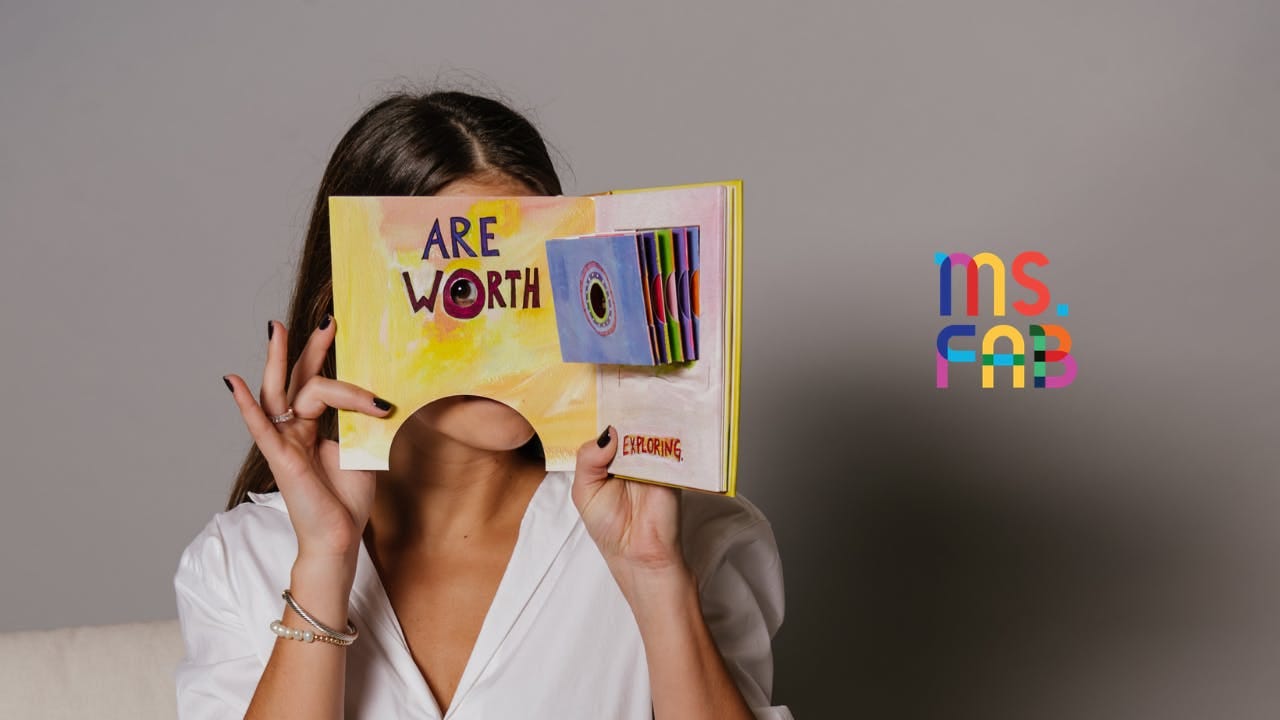Fab Fridays 48: Rethinking & Unlearning
Teach kids to think like fact-checkers
One way to define intelligence is “the ability to think and learn.” Adam Grant argues that in a world of constant change and chaos, there’s a set of skills that matters more:
The ability to rethink and unlearn.
Unlearning requires us to question old assumptions in order to embrace new ideas and perspectives.
Rethinking, on the other hand, is about daring to disagree with our own arguments.
Rethinking and unlearning should be part of every kid’s education. Unfortunately, traditional schools are not great at this.
The good news is that there are simple steps you can take to help your child learn the habits of rethinking and unlearning. In his book, Think Again, Adam Grant provides practical advice to rethink and relearn. Here are two of his ideas that we can apply with our kids:
TEACH KIDS TO THINK LIKE FACT-CHECKERS.
Encourage them to:
Interrogate information instead of simply consuming it. Teach kids not to let anything into their head unexamined. When you hear someone say something, stop and ask yourself, is that true? Frame this habit for your kids as an exciting quest for novelty.
Reject rank and popularity as a proxy for reliability. Teachers are wrong sometimes. Officers are wrong sometimes. Textbooks are wrong sometimes. Not because you saw it on TV or read it on the internet means it’s true. It’s ok to inquire and want more evidence before accepting a claim as true.
Understand that the sender of information is often not its source. We don’t always hear the message from the source, so don’t know when part of it was lost in the way. Think of what happens when you play the telephone game!
ENCOURAGE KIDS TO MOVE INTO SCIENTIST MODE.
Ask them to:
Doubt what they know: In school kids learn to search for reasons why they must be right. I’d argue that they would learn more if they searched for reasons why they might be wrong and revise their views based on what they learn.
Adam Grant’s actionable tip: "Have a weekly myth-busting discussion at dinner.It’s easier to debunk false beliefs at an early age, and it’s a great way to teach kids to become comfortable with rethinking. Pick a different topic each week—one day it might be dinosaurs, the next it could be outer space—and rotate responsibility around the family for bringing a myth for discussion."
Be curious about what they don’t know. We should teach kids to be curious, not afraid, about what they don’t know. Research shows that one of the hallmarks of an open mind is responding to the unknown with curiosity.
Ms. Fab’s actionable tip: Encourage them to make a list of the things that they don’t know (and make one for yourself too!) and frame these things as new territory to be explored, or a fresh puzzle to be solved.
Update their views based on new information. Research shows that if false scientific beliefs aren’t addressed in elementary school, they become harder to change later in life. Unfortunately, kids spend most of their childhood years being fed information and are rarely given the chance to question it. We should focus less on wanting kids to give us what we think are “the right answers,” and more on having them consider different perspectives and argue productively about them.
Adam Grant’s actionable tip: "Invite kids to do multiple drafts and seek feedback from others.Creating different versions of a drawing or a story can encourage kids to learn the value of revising their ideas. Getting input from others can also help them to continue evolving their standards. They might learn to embrace confusion—and to stop expecting perfection on the first try."
Spark Serendipity
Charlie Bleeker is a pseudonymous internet writer, whose newsletter I read regularly (The Transparent Parent, check it out!). This week she wrote a piece about me and I cannot be more honored.
Read it here and subscribe to her newsletter here.
Until next week!
Ana Lorena Fabrega



